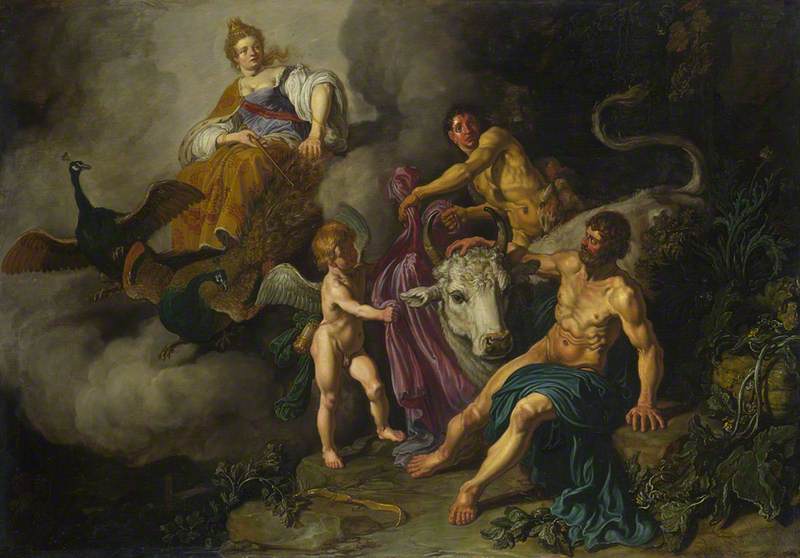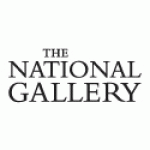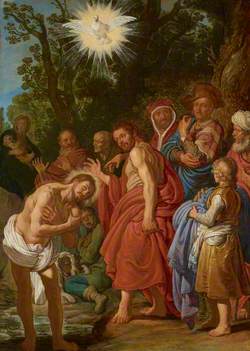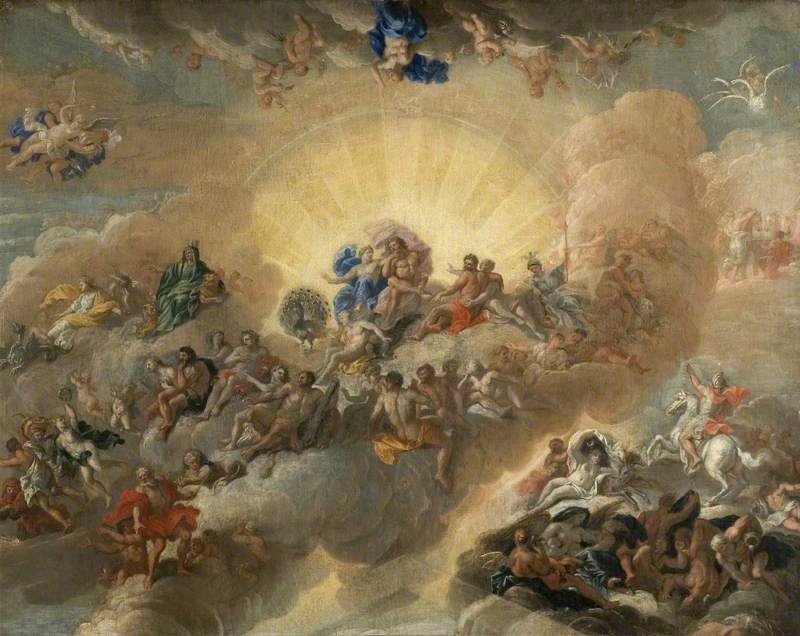How you can use this image
This image can be used for non-commercial research or private study purposes, and other UK exceptions to copyright permitted to users based in the United Kingdom under the Copyright, Designs and Patents Act 1988, as amended and revised. Any other type of use will need to be cleared with the rights holder(s).
Review the copyright credit lines that are located underneath the image, as these indicate who manages the copyright (©) within the artwork, and the photographic rights within the image.
The collection that owns the artwork may have more information on their own website about permitted uses and image licensing options.
Review our guidance pages which explain how you can reuse images, how to credit an image and how to find images in the public domain or with a Creative Commons licence available.
Buy a print or image licence
You can purchase this reproduction
If you have any products in your basket we recommend that you complete your purchase from Art UK before you leave our site to avoid losing your purchases.
Notes
Add or edit a note on this artwork that only you can see. You can find notes again by going to the ‘Notes’ section of your account.
Stories of the misdeeds of the Greek and Roman gods were popular subjects for paintings in the seventeenth century. Pieter Lastman had been to Rome and seen the innovative paintings of Caravaggio and his followers. He takes on their use of chiaroscuro – the dramatic use of light and shadow – and expressive movement to tell this moment of discovery in the story of Io, taken from Ovid’s Metamorphoses. Jupiter, chief of the Roman gods, seduced Io, a young human woman. Interrupted by Juno, his wife, he hastily changed Io into a cow. Lastman shows Jupiter looking up with startled eyes at the enraged Juno, who is accompanied by the peacocks that are her attribute. Two figures pull back a wine-coloured cloth from the head of the transformed Io.
Title
Juno discovering Jupiter with Io
Date
1618
Medium
Oil on wood
Measurements
H 54.3 x W 77.8 cm
Accession number
NG6272
Acquisition method
Presented by Julius Weitzner, 1957
Work type
Painting





